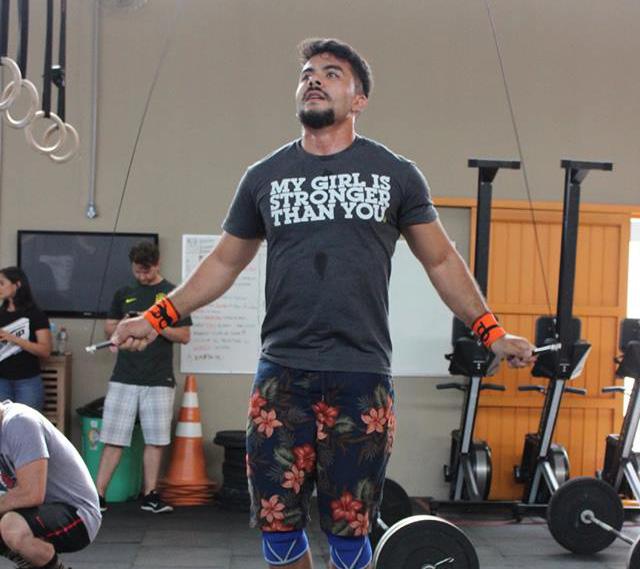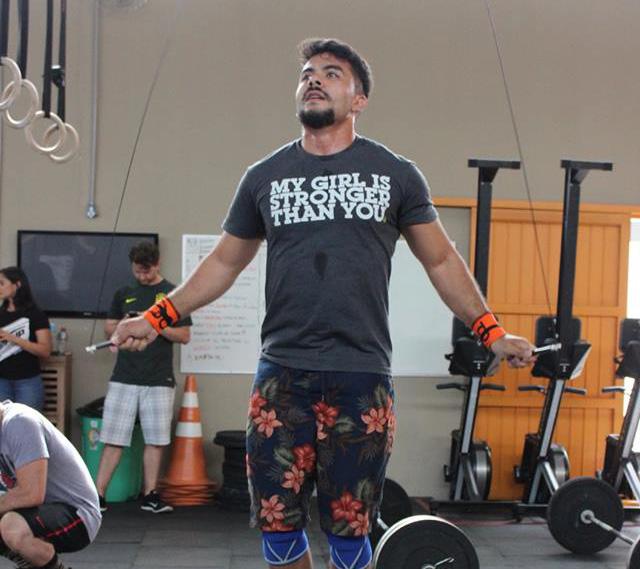
Are you a fitness enthusiast? If so, moderation and appropriate rest periods may be the key to healthier exercise, as consecutive CrossFit-style workouts could impair the immune system by affecting inflammatory proteins.
Current trends in the fitness industry have seen more people turning to high-intensity, constantly varied exercise programs to achieve their fitness goals. A huge array of exercise techniques including kettle bells, tyre flipping and ring pull-ups, coupled with celebrity endorsements and over 13,000 affiliated gyms make for the high-intensity fitness phenomenon that is CrossFit.
Advocates of CrossFit, which encompasses both cardiovascular and strength training, say that the varied and high-intensity nature of the workouts significantly enhances physique and overall fitness in a shorter time, and results are balanced across all the muscles of the body.
However, this high-intensity program has attracted controversy because of its emphasis on results rather than technique, which critics feel poses an unacceptable risk of injury, especially in inexperienced participants. CrossFit workouts often involve performing exercises in rapid succession, with little or no recovery time.
There is concern that this could lead to non-functional overreaching, where the balance between training and recovery is not correct, potentially causing fatigue, physiological stress and illness. There is also some evidence that repeated bouts of intense exercise on consecutive days can lead to white blood cell death or dysfunction.
A new study published in Frontiers in Physiology aimed to investigate if CrossFit training on two consecutive days could affect immune function, inflammatory proteins, metabolic stress and muscle power. The researchers assembled a group of experienced CrossFit participants, who had a minimum of six months of prior CrossFit training.
The participants underwent two consecutive days of high-intensity CrossFit-style workouts including Olympic lifting, power lifting and gymnastic exercises. They aimed to finish the workouts in the fastest time possible, without compromising on technique. The researchers assessed muscle power, levels of inflammatory cytokines and levels of metabolic markers, before, during and after the workouts.
They found that the workouts provoked a strong metabolic response and reduced the levels of anti-inflammatory cytokines, which are proteins produced by white blood cells that act to dampen inflammation. This means that the consecutive workouts were actually suppressing normal immune function.
However, the workouts did not adversely affect the muscle power of the participants. So what does this mean for CrossFit participants?
"For non-athlete subjects who want to improve their health and quality of life through Crossfit training, we recommend that they decrease their training volume after two consecutive days of high intensity training to prevent possible immunosuppression;" said Dr Ramires Tibana of the Catholic University of Brasilia, who is the lead author on the study.
This is particularly important for people recovering from illness, who may already have an impaired immune response, or at times of the year where viral illnesses are prevalent.
Dr Tibana also discussed other practical steps CrossFitters could take to enhance their recovery, including a rest day between exercise sessions: "A rest day is important for recovery for subsequent training sessions. Other alternative recovery techniques are regenerative training (with low intensity and volume), massage and cryotherapy."
Respect your recovery – check yourself before you wreck yourself.
###
Media Contact
Emily Barker
[email protected]
@frontiersin
http://www.frontiersin.org





